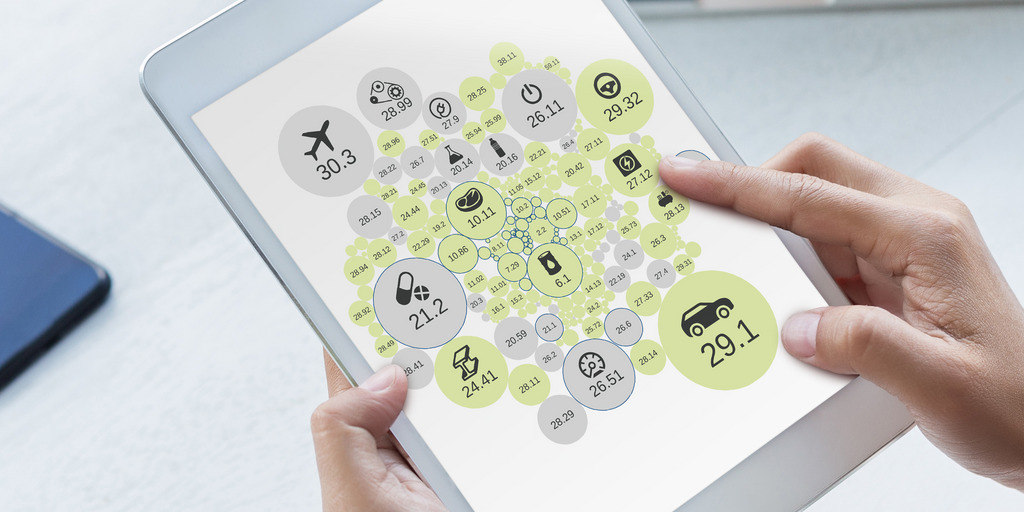Mounting evidence that China is not converging with the liberal market economy principles of European and other OECD countries has triggered a range of policy responses and a broader debate, amplified by the COVID-19 crisis, about how much economic engagement with China is desirable and safe.
This Bertelsmann Stiftung study, prepared by Rhodium Group, aims to strip the geopolitical emotion out of the debate and provide a fact-based, transparent framework for assessing which areas of the EU’s trade, investment and broader economic relationship with China are benign. The result of this process is a "Green List" for EU-China economic relations.
The study shows that not all elements of the EU’s economic relationship with China merit closer scrutiny. Among the conclusions is for example that, based on 2019 data, much of the EU-China trade relationship can be preserved without the need for mitigation. Some 56 percent of EU exports to China are completely benign, while 83 percent of China’s exports to the EU qualify as “green.” On this list are sectors that are at the heart of EU trade relations with China, such as motor vehicle parts, food and drinks, luxury goods and a healthy portion of machinery and industrial goods.
According to the study, FDI vulnerabilities are more acute. In the absence of mitigation measures, some 46 percent of China’s FDI in the EU and 32 percent of the EU’s FDI in China in 2019 do not make it onto the "Green List". Investments with potential security implications can be found in the areas of sensitive individual data, critical infrastructure and emerging computing technologies.
For those areas that might bear some risk, there are mitigation measures available to policymakers to address security concerns and increase the size of the "Green List". These include the stockpiling of critical goods, the introduction of procurement restrictions for specific end-users as well as new sectoral standards. The study shows that through credible mitigation measures, the "Green List" can be substantially extended to cover more of the EU’s trade and relations with China.
Three recommendations for EU policymakers:
First, the EU needs to state clearly that some aspects of its economic relationship with China pose security risks, while others do not. Only by acknowledging this dichotomy can it credibly keep the door open to benign economic engagement and mitigate the risks in areas that are potentially problematic.
Second, the EU needs to have a frank and open debate about what areas of its economy are relevant for its national security. At the moment, no European consensus exists on this question. Without clear definitions, Europe will struggle to defend its point of view in talks with other countries and could find itself in a position where foreign definitions of national security are imposed upon it.
Third, the EU needs to launch a reflection on credible mitigation measures, in order to ensure that the scope of mutually beneficial economic interactions with China remains as broad as possible.
These results are a first and exploratory attempt at green listing EU-China economic interactions. The findings are not meant to be definitive, nor should they be considered normative. This study explicitly presents a framework for understanding the areas of the EU’s economic relationship with China that pose no security risks. More granular analysis is required to reach definitive conclusions about whether certain dual-use, emerging technologies or "essential goods" are risk-free or not. Due to the rapid pace of technological advances in some sectors, and quick evolution of related debates, the cost-benefit calculus is likely to evolve rapidly, requiring a flexible, dynamic approach. The EU "Green List" also needs to be benchmarked against the approaches of other OECD countries in order to achieve the highest possible degree of alignment on this issue.




